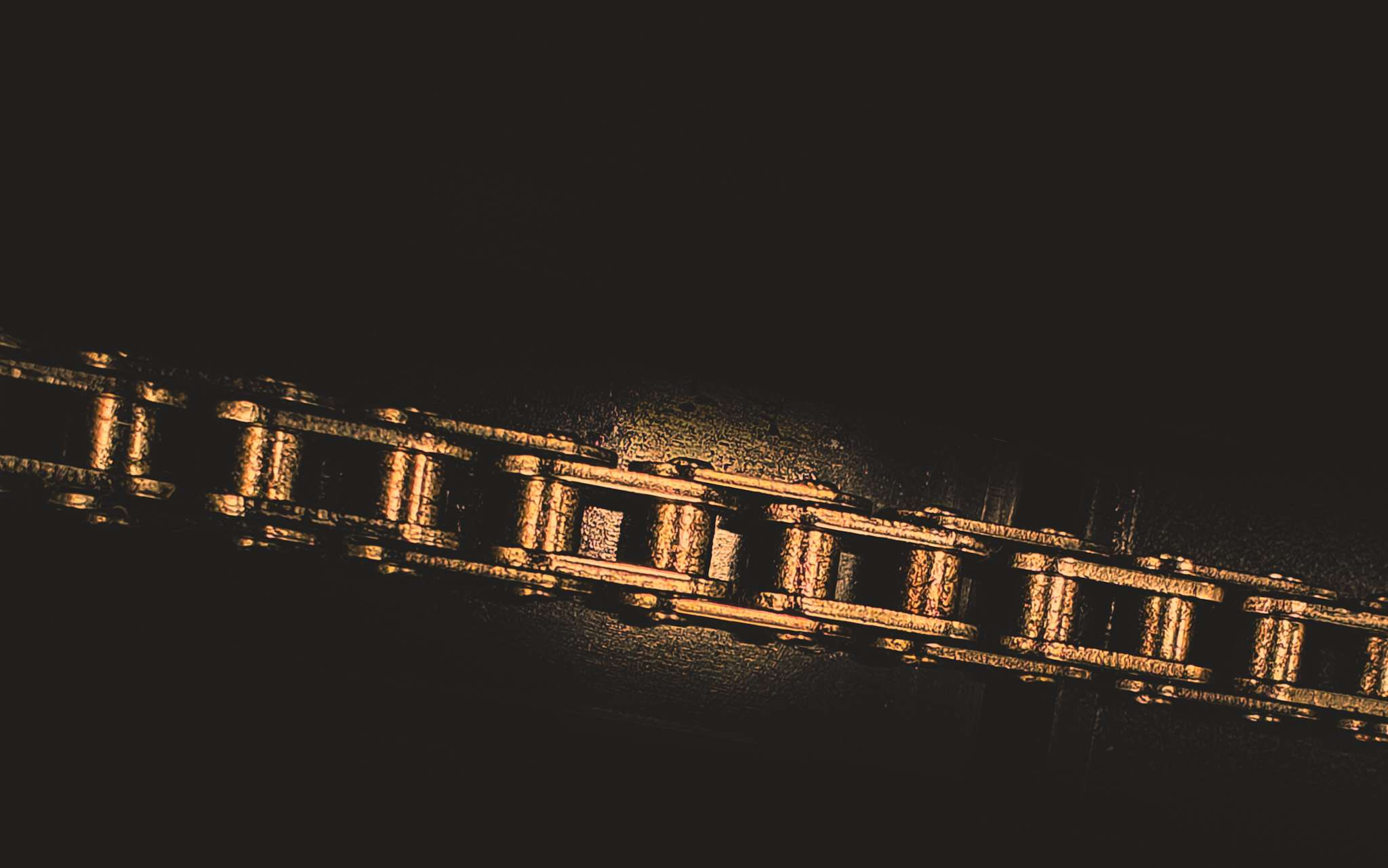I had a coaching session at work today, which always brings some interesting points up to reflect upon. And, it is also interesting that a lot of the tasks given to complete between sessions, are to spend time reflecting, but it seems that a this is something that has to be encouraged in most people, and emphasized. I think it kind of surprises my coach (a colleague) that reflection is part of my daily process.

Today, the thing that came up however is that while I do reflect well, what I don't do well is visualize my plans on how I am going to accomplish some of my goals. The ideas are formulated in my head, but without a clear picture, the next step is ambiguous, and therefore unlikely to be taken. This is more of a problem now as my head space just doesn't operate in the way it did, which was when it could build rich images quickly, order them, adjust them, hold them, review them and re adjust them and still hold clarity.
My brain is far less skilled now.
But, it still thinks nothing has changed. It is like the body being able to remember what it was like and how it felt to do a somersault as a kid, and then the reality of trying as an adult.
Give it a go. I will wait.
.
.
.
.
.
.
.
How'd you go?
Reflection is a great exercise, but it also has to be backed up with action that takes us forward, otherwise it is just reminiscing, isn't it? I was asked today if I value memories and while I do, I value the experiences more, even if I don't actually remember them, because I know that my memories are not solid, they change, they fade, and they can be forgotten altogether. Even if unremembered, the experience can't be taken away. I have done some pretty amazing things in my life, and had some very cool experiences.
I barely remember many of them.
I think it has something to do with age too, where there is only so much brain power left, and there are a lot of "similar" experiences to categorize and recall, so they start to blur, get confused, amalgamate. Through my travels, I have been into many beautiful churches, but I don't remember which is which and when I saw them - seen a few, seen them all - even though it isn't actually true.
And, much of our experience is like this, where we aren't completely engaged and interested in what we are doing, as we aren't looking to become an expert in it. So, we end up not full appreciating what we are experiencing, which in turn makes less impact on our mind and memory.
But, the biggest reason I don't value these kinds of memories as much, is because they are disjointed, small events, but they don't really add up to much of a life. They say "buy experience" but if those experiences are pretty random and don't add to the arc of our lives, what are we actually paying for?
People often say that when on our deathbed, no one says "I wish I worked more". However, I also haven't heard of people saying that I wish I had more random experiences. In general, it is around things like spending time with family where people wish they had spent more time, and I think that this is because family makes an arc through most people's entire lives. Even though it changes, people come and go, there is some continuity. Similarly, while people might wish they had worked more, I believe people will be glad if they built some kind of career, some working pathway that helped them build a life, and possibly a family along with it.
There is more to work than working for money, because it is a trade of skill and time that gives the money to do other things in our life, and get the enjoyment and satisfaction of them. For instance, some people don't have kids these days because of the cost, or to maintain their current lifestyle, however they also won't know what it is like to be a parent. They look at the disruption it causes, the fears, the pains, but not the good sides, the sense of being a provider, the joy of seeing them grow, the unconditional love no matter what they do.
And that is persistent through all of life.
Not that long ago, my daughter asked me about how old people forget things, as she is noticing the fading memory of her own grandparents. She asked if they will ever get to the point that they won't remember people, won't remember her, and I said that it is possible, and that it happens quite commonly. She got quiet and a shadow crossed over her eyes. Then she turned to me, grabbed my face on both sides, pressed her nose against mine and being the most serious I have ever seen her, she said;
You better never forget me.
At the end of life, that is something to reflect back on.
Taraz
[ Gen1: Hive ]